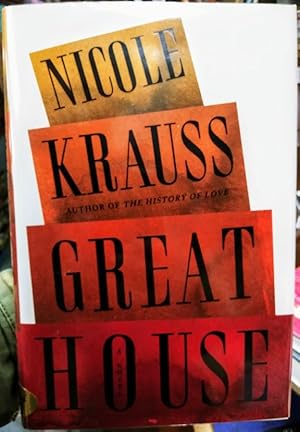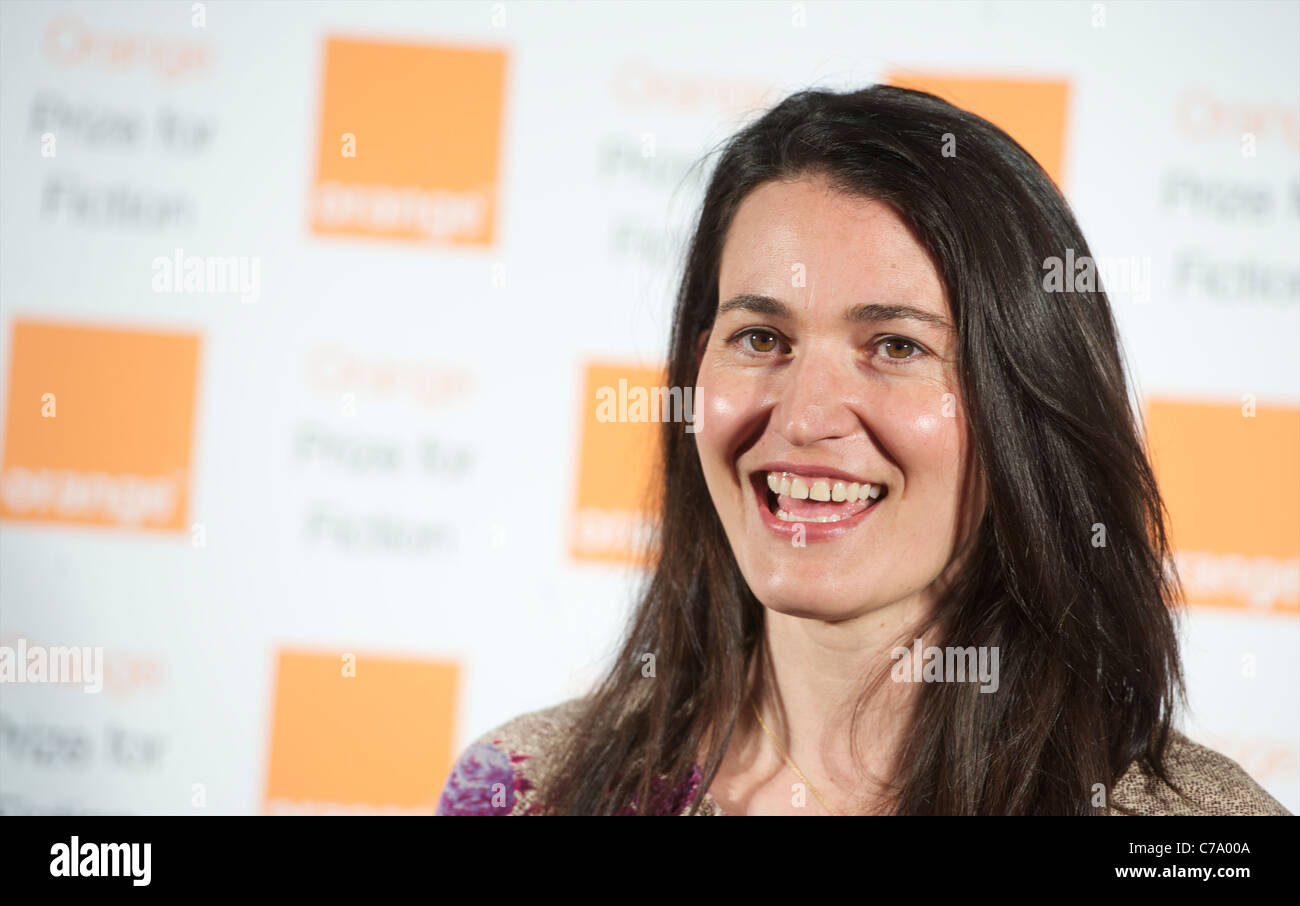

For him, and the other characters in “The History of Love,” individual will and the imagination are more powerful, finally, than history, and that’s what makes it fundamentally a hopeful novel. He uses them daily to alter both his sense of the past and his experience of everyday life. But Leo doesn’t need to be drugged and feverish to access his great imaginative gifts. In their let-it-all-hang-out verbal style, their longings and regrets, their urgency and lack of time left-yes. Are there any parallels for you between Leo Gursky and Brodman? In your second novel, “The History of Love,” you wrote about an old Jewish man tormented by thoughts of a son he doesn’t know, whose life he has missed. But in literature, for a certain kind of character, it can dissolve self-mythology and clear the way for breathtaking frankness. In life, the approach of death can rarely be anything but terrifying. But the Haaretz psychoanalyst pointed to something more potent than ambivalence. My writing has been wrapped up in ambivalence toward the demands and constraints of memory and history since my first novel. It struck me as an interesting one, and I wanted to take it further. Much of what was written there didn’t ring true to me-what review of one’s work ever does?-but the psychoanalyst had read an interview in which I’d spoken about the burden of emotional inheritance as a theme, and he’d ventured an analysis. It was called “Nicole Krauss Protests Against the Duty of Loyalty to Jewish History.” Once I’d staggered out from under the headline, I read the piece. But what shook all of those sources into a sudden constellation, was, oddly enough, a review of my last novel “Great House,” written by an Israeli psychoanalyst in Haaretz. Where did Brodman come from?īrodman had many sources, living, dead, and literary.


In your story in this week’s issue, “ Zusya on the Roof,” you write about Brodman, an old man reflecting on his life and on the burden that Jewish tradition-and his sense of duty to it-have placed on him, a burden that his own daughters shrugged off.


 0 kommentar(er)
0 kommentar(er)
